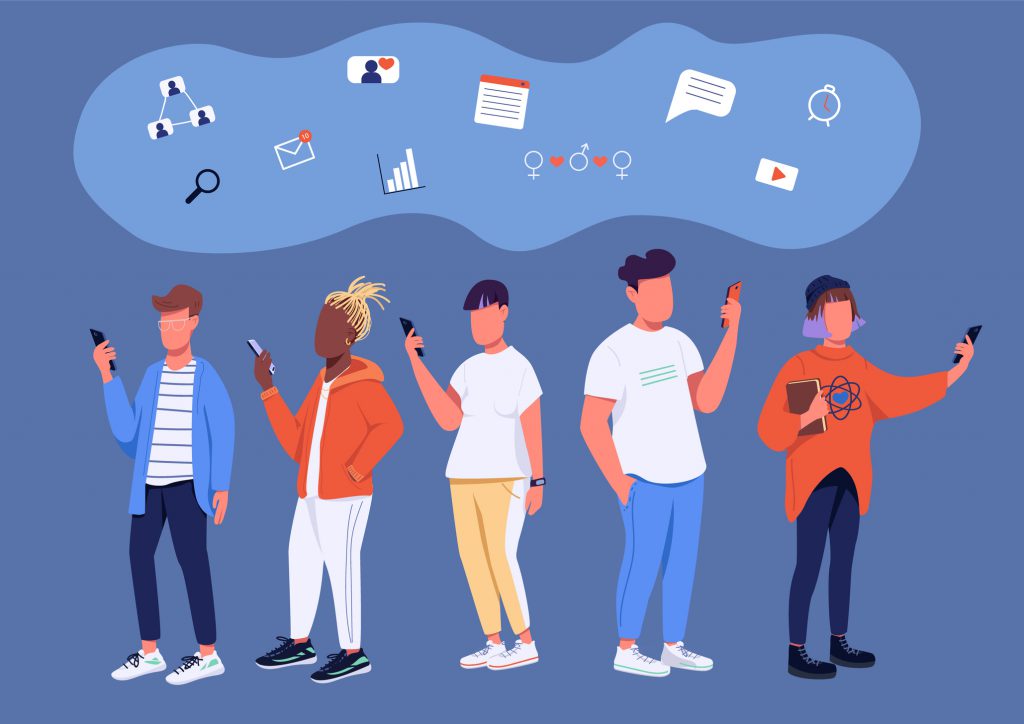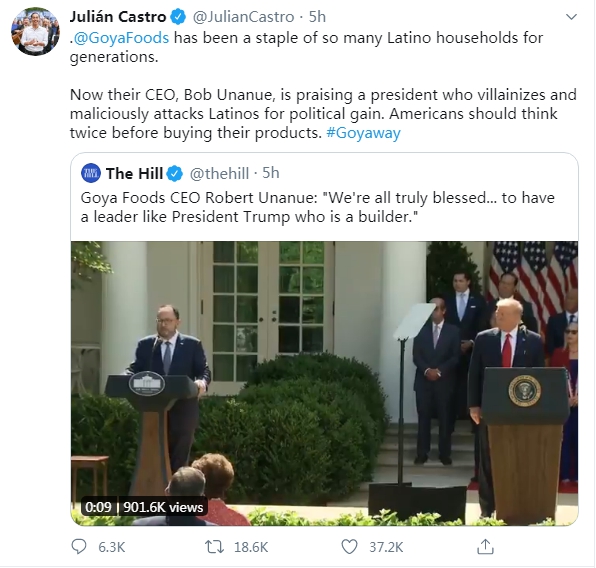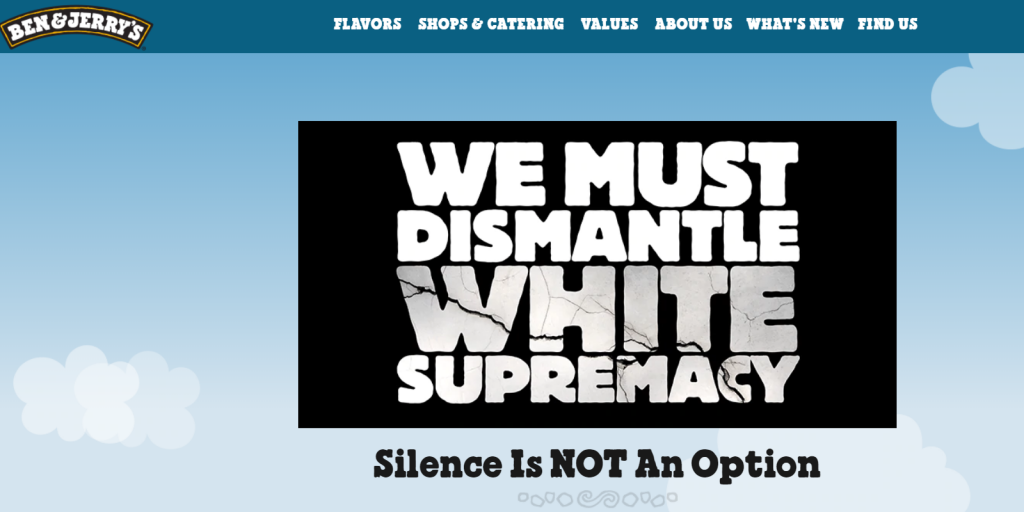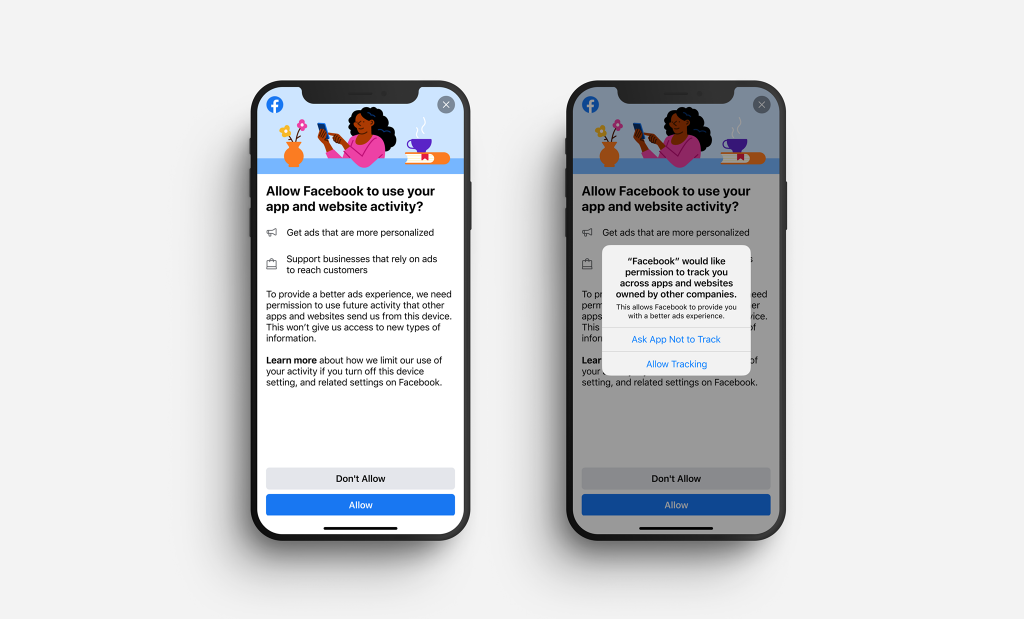How Gen Z’s Perspectives Are Transforming Consumer Behaviour & Brand Culture
by Maiah Cooper Sep 9, 2021

From
the beginning of human existence, youths have been at the forefront of
innovation, trends and modernity and even in 2021 this truth remains intact. As
the access to technology continues to increase, the influence of generations
will play a more significant role than characteristics such as socioeconomic
status ever did. The generation currently leading the way is Generation Z or
Gen Z, individuals born between the mid-90s and early 2010s. Generations have
always had their distinctions and this is identifiable between Boomers and
Millennials, but Gen Z is like no other generation in the past. Gen Z is the
first generation to be raised with access to the digital realm, thus,
influencing their perception of the world, interaction with others, online and
offline, and their subscription to new ideologies, unlike previous generations.
This newfound manner through which Gen Z interacts and interprets the world will
shape the future of consumer behaviour and brand culture; it has already begun.
Gen Z’s perspectives are driven by their desire to unlock the truth within themselves and their community. As they search for this new level of connectivity, it is abundantly clear that surface-level analysis will not suffice as profundity is desired. One of the core beliefs of Generation Z is placing value on identity. Identity is not viewed in the singular but rather in the plural. Members of this generation believe in the exploration of self in its various manifestations. This is done through the interrogation and abandonment of traditional archetypes of self. These changes are already identifiable as individuals use social media to share who they are and what they identify with whether it be “Feminist” or “They/Them.” This internal and external inquiry has resulted in Gen Z shifting away from individualism and placing value in community.

As the COVID-19 pandemic surged the shores of every nation, persons are now more aware than ever of the reverberations of our actions. Like the solution to the pandemic, Gen Z views life as a group project that we must all commit to for the benefit of ourselves and the people around us. True progress cannot occur with individuals left at the wayside. This passion for achieving a unified front is why the resurgence of distributive and restorative justice is occurring. It ensures that we create a society that is beneficial and accessible to all. Gen Z has put the social in social activism by standing with others globally. No matter the location, community is the focus. From crowdfunding to online petitions, they are ensuring that the voices of their community are being heard to facilitate change.
Being
the most educated generation, Gen Z uses their almost, unlimited access to
information to be very analytical and precise about their activities. Since
they are constantly cognizant of what is occurring around them they cannot be
easily misled, especially by brands. As a result, they are more concerned with
issues such as gender justice, inclusivity and climate change, and what both
individuals and corporations can do to mitigate each problem. Gen Z’s
consciousness of global realities has inevitably led them to become
challengers. They are unafraid to challenge, dismantle and recreate the status
quo. Whether it is challenging political ideologies or gender norms, they are
starting the conversation and making us all a part of it.
So how are these perspectives capable of altering consumer behaviour?
Methods of Consumption
Consumption itself is being transformed from possessing something to gaining access to it. Being pragmatic by nature, Gen Z has discovered limitless opportunities within products and services. Instead of consuming a product/service in one way they now expect brands to produce items that facilitate a range of benefits. Additionally, when a product is only available in one form it limits the individuals it is accessible to which goes against Gen Z’s goal of inclusivity. A simple car dealership can expand its services by including rentals, rideshare, subscriptions and brand ambassadors/influencers. These new distribution channels not only benefit the brand but also the consumer as it creates an experience that consumers can connect to and gain from.
Individuality
As individuality begins its reign, popularity is losing its importance. With individual identity being at the core of Gen Z, they consume products and services based on their self-identity and expression. They are losing interest in items that are simply popular as this does not determine if it aligns with who they are and what they stand for. Individuals are now subscribing to products that are personalised and allow them to feel seen. It can come in the form of a monthly list of curated outfits or a playlist with your weekly favourite songs. No matter the form, individual identity is driving brand loyalty.

Social Issues & Consumption
Social media combined with Gen Z’s courage to challenge has caused individuals to hold companies accountable for their brand culture and views. Depending on the type of brand and where they are geographically located, consumers expect them to take a stance on certain issues as they can either be of assistance or is complicit in the problem at hand. Also, as Gen Z continues to seek out new knowledge, they are becoming more aware of the significant role that companies play within society and how easily they can become harmful and exploitative especially large companies. Even if a company appears ethical, information is not taken at face value but confirmed through further research. Consumers not agreeing with the culture and behaviours of a brand has now emerged as Cancel Culture. To some this may seem trivial, however, it has proven to be detrimental to companies already.

In 2020, the CEO of Goya Foods publicly expressed support of Trump and his administration. This was followed by heavy backlash as the company is the largest Hispanic owned food company but their CEO supported an administration whose policies were harmful to the said community in the U.S. The internet was flooded with people urging consumers to cancel (boycott) the company and their products with hashtags titled #Goyaway and #BoycottGoya. This eventually made a dent in their, increased, sales due to the pandemic by 72% resulting in what a Goya shareholder expressed as “alienating core customers.” Due to Gen Z’s is influence on consumer behaviour, brands have begun to alter their brand culture and marketing.
How is Brand Culture Changing?
- Inclusivity: Brands realise that consumers want to see themselves in the products/services they invest in. This is especially important as Gen Z is the most diverse generation to date. Brands have noted this and have altered their products, culture and marketing to include individuals of different genders, races, socioeconomic status, body abilities etc. Companies like Twitter have even begun to increase the number of women and people of colour that they hire.
- Accountability: It is now more critical than ever that companies are accountable for what they do. As seen during the pandemic, brands have released apologies and made in-house changes due to the upsurge in demand for accountability. (ausoma.org) Instead of waiting to be called out, brands are ensuring that they are conscious and responsible for the actions they partake in.
- Social Presence: Companies ensure that they are always aware of the social climate within each of their markets and making it a part of their corporate social responsibility (CSR). Neutrality can no longer save a brand and as Mel Thompson said “if you don’t stand for something, you stand for nothing.” Consumers are now making buying decisions based on a company’s behaviour, and for brands to remain leaders in their industry they must figure out what they do and do not stand for. Showcasing social awareness can be done in various ways that can easily be integrated, such as volunteerism, workshops or supporting organisations.

- Purpose: Brands’ focus has shifted away from solely profit to people, both in-house and consumers. Without the people that work for the brand and loyal customers profit would not exist. Thus, companies are expanding their goals and values to ensure an aspect of significance and benefit to others is present.
- Sustainability: As a part of internal brand responsibility, businesses ensure that their practices and services do not add or cause social or environmental degradation. This guarantees that no harm is being done within the company. This has been integrated globally through eco-friendly packaging, reducing emissions and maintaining ethical practices.
- Community: As people remain the focus of brands, companies invest in creating a community for their consumers. One-time purchases are beneficial but a community of loyal customers will reap long term and consistent returns. From organic marketing to personalisation, brands want to ensure that their consumers are aware that they care for their needs and loyalty.
- Transparency: In the age where data is a commodity, consumers have begun to build a mistrust of companies and their personal data. After public incidents such as Cambridge Analytica, consumers question how and what their data is being used for. With emerging privacy adjustments, brands are shifting from relying heavily on app/software driven analytics to personalisation and building insights and analytics organically. Data strategies must ensure that it collects data from individual consumers and maintain data privacy while being transparent about its uses. Inevitably, brands are shifting focus from mass consumption to customisation and catering to specific groups within a brand’s community. In addendum, with the increased demand for accountability businesses are making it their duty to make information about their company more accessible. To safeguard their investments, consumers have a desire to know the people behind the brand and how it operates.

Young people will continue to maintain their role as trendsetters no matter the generation. As the world becomes more technologically connected, consumers will set the pace for brands at an increasingly new level. As the largest generation globally, Gen Z has already proven their influence and power as consumers. This generation of digital nomads is providing new challenges but also limitless opportunities. It is now up to brands to determine if they will be ahead of the curve or not.
Sources: McKinsey, EY, Forbes, Pew Research and Market Watch.







